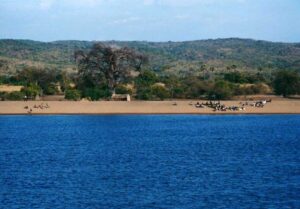
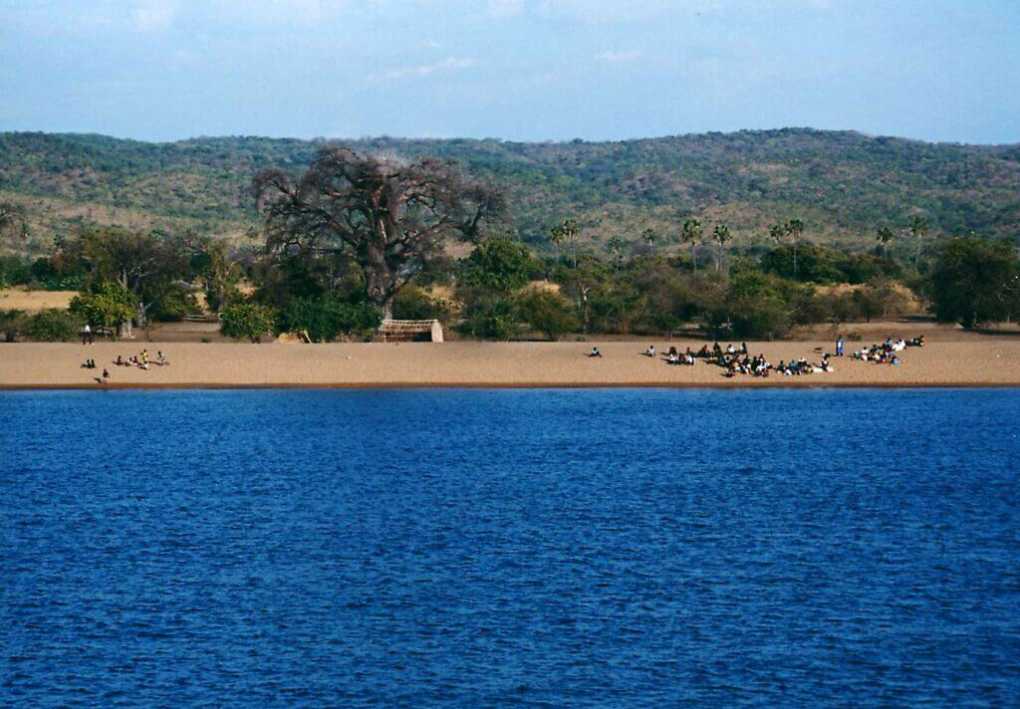
Katie Clark — a star of the hit show “Bringing Up Bates” — is going through a tragedy … announcing she lost her pregnancy. The reality star announced the news on social media Friday … sharing a clip which begins with her finding out she’s…
Malawi (/məˈlɔːwi, məˈlɑːwi/; Chichewa pronunciation: [maláβi]; Tumbuka: Malaŵi), officially the Republic of Malawi and formerly known as Nyasaland, is a landlocked country in Southeastern Africa. It is bordered by Zambia to the west, Tanzania to the north and northeast, and Mozambique to the east, south and southwest. Malawi spans over 118,484 km2 (45,747 sq mi) and has an estimated population of 19,431,566 (as of January 2021). Malawi’s capital and largest city is Lilongwe. Its second-largest is Blantyre, its third-largest is Mzuzu and its fourth-largest is its former capital, Zomba.


Katie Clark — a star of the hit show “Bringing Up Bates” — is going through a tragedy … announcing she lost her pregnancy. The reality star announced the news on social media Friday … sharing a clip which begins with her finding out she’s…
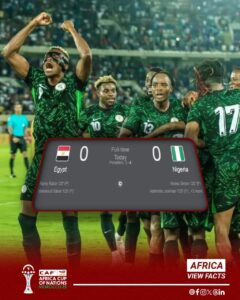
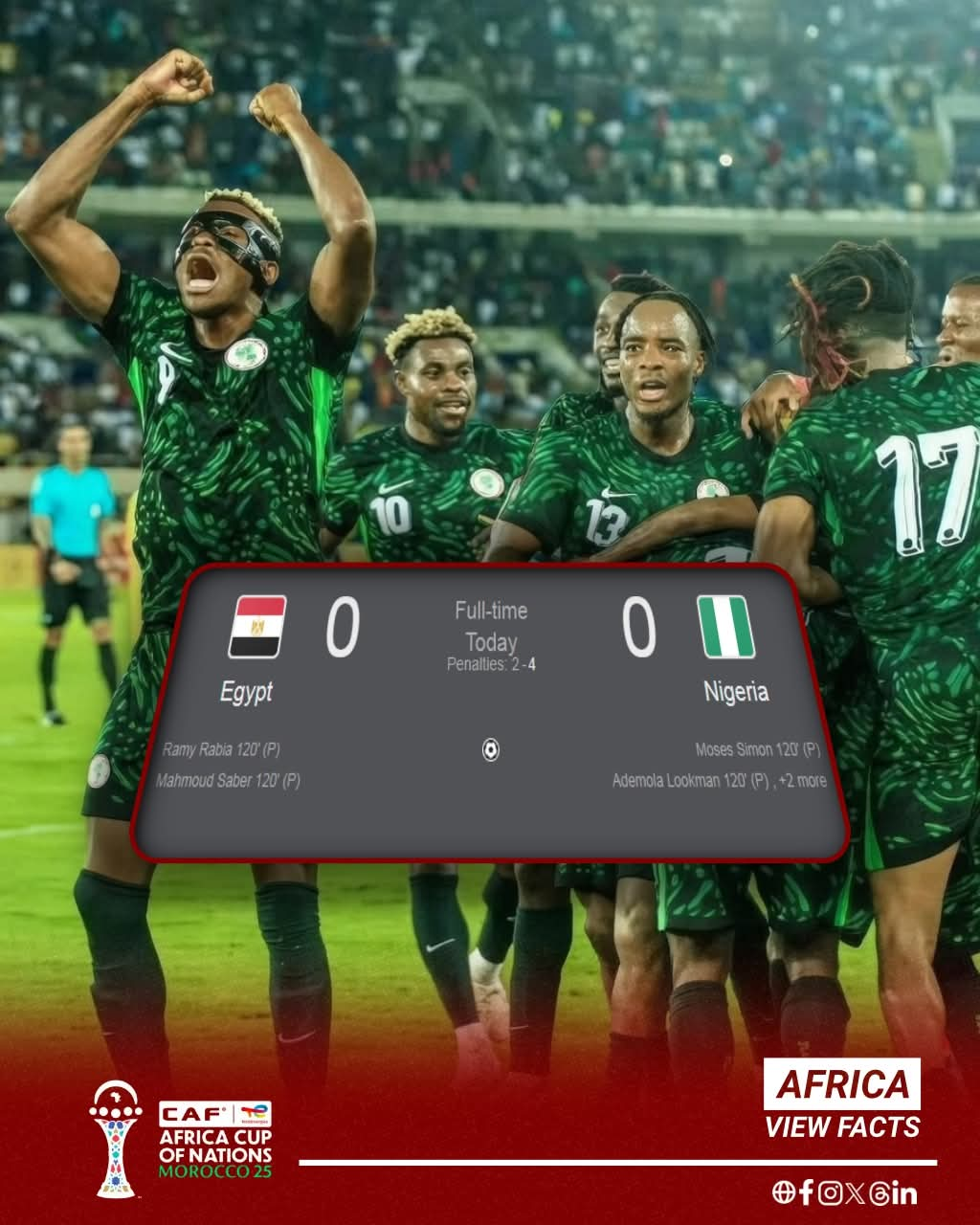
….Beat Egypt 4-2 on penalties..
CASABLANCA-(MaraviPost)-Nigeria have finished the 2025 Africa Cup of Nations (AFCON) in third place after edging past seven time champions Egypt 4–2 on penalties following a goalless draw in the third place playoff.
The encounter, played on Saturday evening in Morocco, was a tightly contested affair with both sides struggling to break the deadlock in regulation time. E
gypt and Nigeria created half chances but solid defending and disciplined goalkeeping ensured the match ended 0–0, forcing a penalty shootout to decide the bronze medal.
In the shootout, Nigeria showed greater composure from the spot. The Super Eagles converted four of their penalties, while Egypt missed two, handing Nigeria a deserved victory and confirming their place on the AFCON 2025 podium.
Nigeria’s goalkeeper emerged as one of the key figures of the night, making crucial saves that swung the momentum in favour of the West Africans.
For Nigeria, the result caps off a strong campaign, especially after narrowly missing out on a place in the final. Finishing third adds another respectable achievement to their rich AFCON history and reinforces their reputation as one of Africa’s most consistent footballing nations.
Egypt, meanwhile, had to settle for fourth place despite their experience and pedigree in the competition. The Pharaohs will reflect on missed opportunities in both the semi final and the third place match as they look ahead to future tournaments.
The AFCON 2025 final is scheduled for Sunday with hosts Morocco facing Senegal.
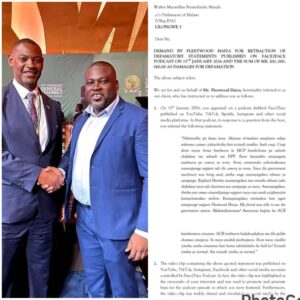
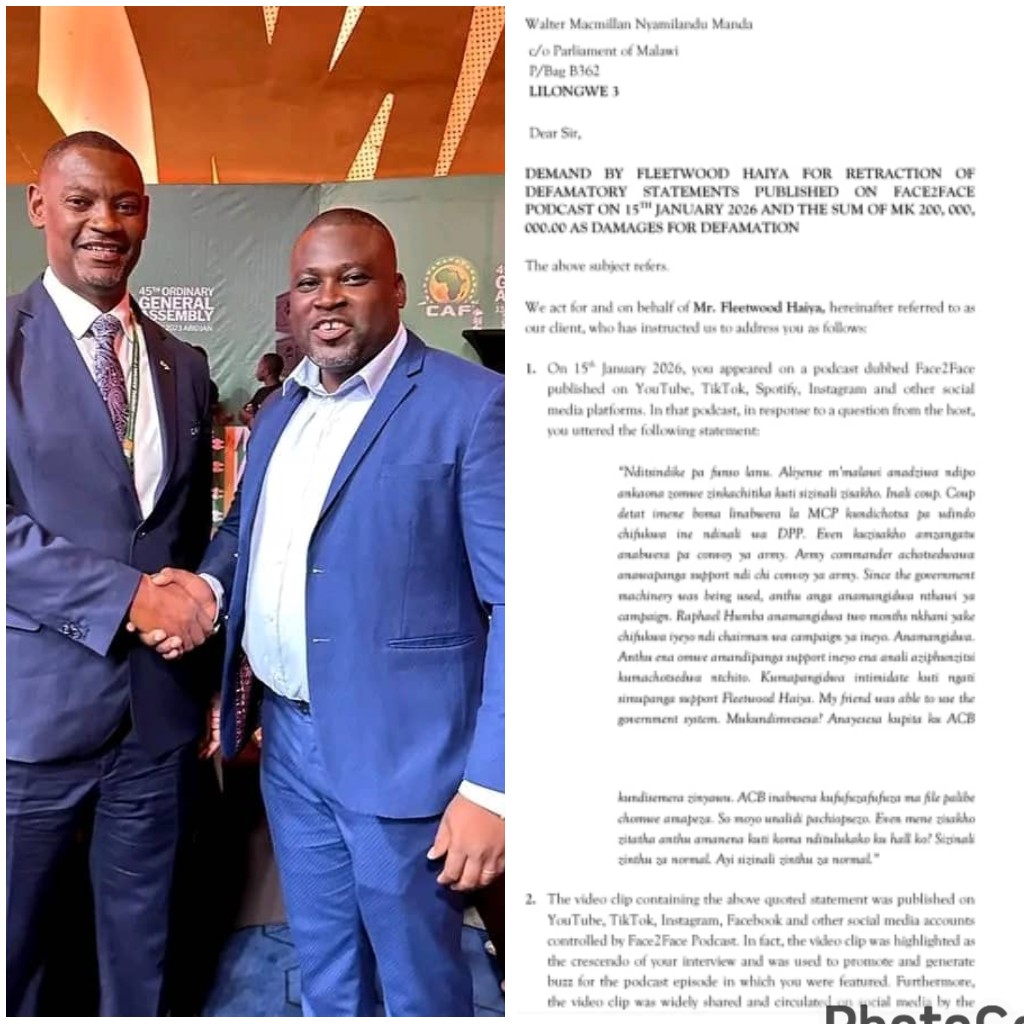
BLANTYRE-(MaraviPost)-Football Association of Malawi (FAM) president Fleetwood Haiya has issued a legal demand against former FAM president Walter Nyamilandu, accusing him of making defamatory remarks following the association’s presidential election.
Haiya, through his lawyers Blackstone Chambers, is demanding K200 million in damages, a public apology and the removal of statements allegedly made on the Face2Face sports platform on January 5.
According to the demand letter, the remarks allegedly implied that Haiya won the FAM presidency through fraudulent means.
Haiya’s legal team argues that the statements have damaged his reputation and questioned his integrity as the head of Malawi’s football governing body.
The lawyers have given Nyamilandu seven days to comply with the demands, failing which further legal action may be taken.
The dispute follows the FAM elective general assembly held on December 16, 2023, where Haiya emerged victorious in the presidential race in Mzuzu.
Haiya defeated Nyamilandu by 23 votes to 13, bringing an end to Nyamilandu’s long tenure at the helm of the association.
Nyamilandu had served as FAM president for 19 years, making the election one of the most significant leadership transitions in Malawian football.
The legal action relates to comments allegedly made after the election, which Haiya says undermine the legitimacy of the electoral process.
The matter has attracted attention within football circles due to the senior positions previously held by both individuals.
By the time of publication, Nyamilandu had not responded to the allegations or the legal demand.
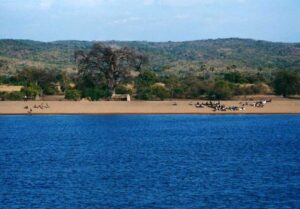
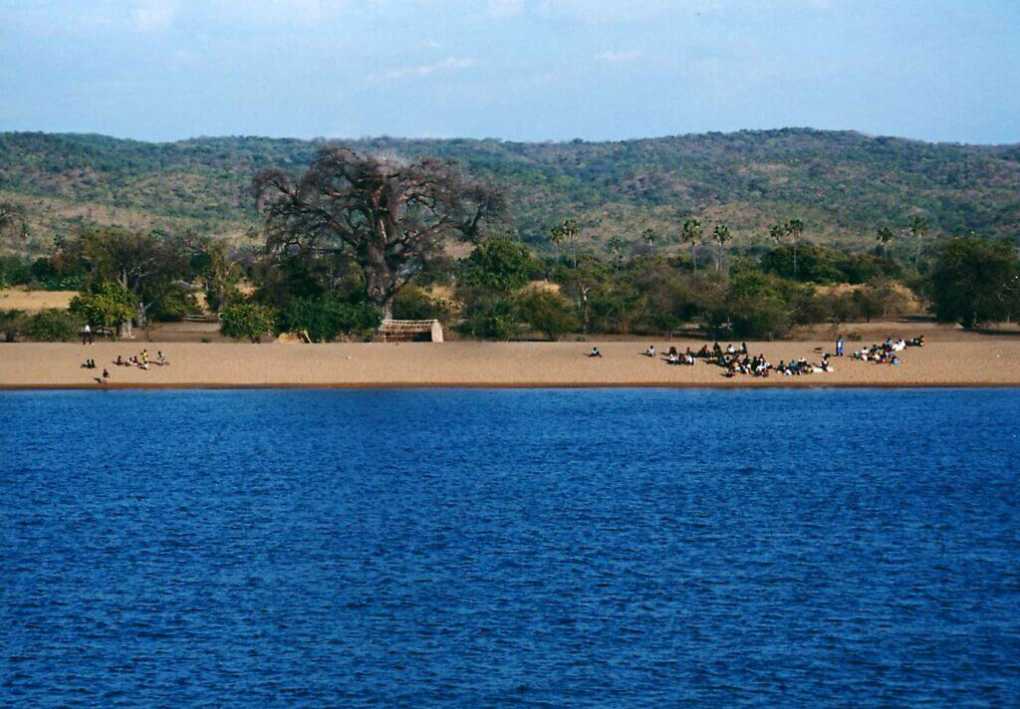
Perrie Edwards is a mom of 2! The Little Mix star announced the birth of her baby girl with fiancé Alex Oxlade-Chamberlain on Instagram Saturday by sharing an adorable photo of her little one cuddled up on her chest. She revealed her baby’s name…
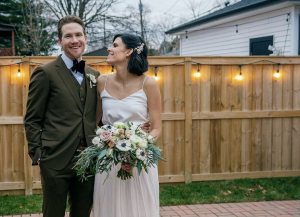
The murder weapon allegedly used to kill Ohio dentist Spencer Tepe and his wife, Monique Tepe, has reportedly been identified.
According to prosecutors, Michael McKee, 39, allegedly used a gun with a muffler attached to it in the brutal slayings, per a grand jury indictment obtained by People and published on Friday, January 16. Earlier this week, Columbus Police Chief Elaine Bryant additionally claimed “multiple weapons” had been found on McKee’s property during a recent search.
On Friday, the former vascular surgeon was officially indicted on four counts of aggravated murder and one count of aggravated robbery.
As Us Weekly previously reported, the Tepes’ bodies were discovered upstairs in their Ohio home on December 30 after one of Spencer’s coworkers called 911 and requested a welfare check. The coworker had become progressively more concerned when, without warning, Spencer, 37, didn’t come into work and could not be reached by phone for several hours.
The couple’s two young children and their dog were found at the home, but they were thankfully unharmed in the attack.
Alleged Killer Michael McKee Threatened to Murder His Ex-Wife ‘Many Times’
McKee — who was married to Monique, 39, from 2015 until she filed for divorce in 2017 — was arrested in connection with their deaths and charged with murder on January 10. Authorities were able to identify Monique’s ex as a potential suspect after they saw his vehicle arrive at the Tepes home “just prior to the homicides” and depart “shortly after” using neighborhood surveillance.
During a recent appearance on Good Morning America, Monique’s brother-in-law, Rob Misleh, claimed McKee would “torment” her throughout their marriage.
“Myself and many others were well aware of, kind of, the negative impact that he had on her. And the abuse that he put her through, the torment that he put her through,” he said at the time. “She was willing to do anything to get out of there.”

Another family member claimed they “all expected” McKee to be connected to the crimes, but waited to speak publicly about their suspicions because they “didn’t want to compromise the investigation,” per the Daily Mail.
“We are all breathing a bit of a sigh of relief, because they got him,” they added.
However, one person who was left taken aback by McKee’s alleged connection with the murders was his neighbor, Gera-Lind Kolarik, who told ABC 7 Chicago that he “did not seem like somebody who would do something like this.”
“I sat down with this man and talked with him at the pool, barbecuing, about what a beautiful day it is,” she explained, “and then he turns out to be [charged as] a killer. It’s kind of shocking.”
Ohio Dentist Spencer Tepe and Wife Monique Killed: Everything We Know
A celebration of life for the Tepes was held on Sunday, January 11.
“Spencer and Monique met online and quickly grew their relationship into a solid foundation of love and respect with a side of goofiness,” their obituary read. “[They] were the life of the party, holding many family and friend gatherings. They were generous with kind hearts. Spencer and Monique will be deeply missed by their family, friends, and all who knew them.”

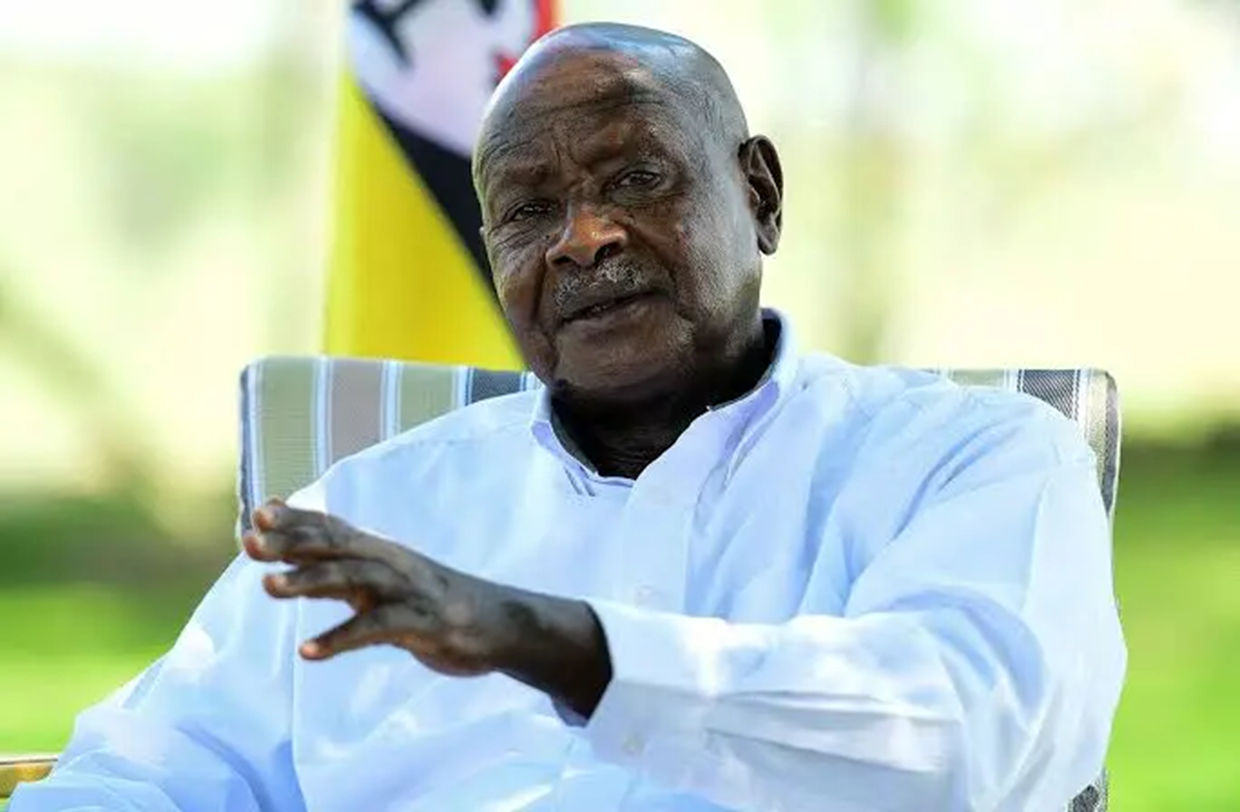
KAMPALA-(MaraviPost)-Ugandan President Yoweri Museveni has been declared the winner of Thursday’s election extending his four decades in power by another five years.
He gained 72% of the vote, the election commission announced, against 25% for his closest challenger Bobi Wine, who has condemned what he described as “fake results” and “ballot stuffing”.
Wine has not provided any details and the authorities have not responded to his allegations, but African Union election observers said they saw “no evidence of ballot stuffing”.
Wine has called for non-violent protests.
Museveni, 81, first came to power as a rebel leader in 1986 but since then has won seven elections.
The election process was marred by violence and Wine, a 43-year-old former pop star, says that at least 21 people have been killed around the country in recent days.
The authorities have so far confirmed seven deaths.
Access to the internet has been cut in the country since Tuesday, making it hard to verify information.
The authorities say the blackout was necessary to prevent misinformation, fraud and the incitement of violence – a move condemned by the UN human rights office as “deeply worrying”.
Wine has demanded that the internet be restored.
Leading the African Union observer mission, Nigeria’s former President Goodluck Jonathan told journalists that “the government should refrain from the suspension of internet access” close to the election.
Jonathan also denounced “reports of intimidation, arrest and abductions” saying they “instilled fear and eroded public trust in the electoral process”, AFP news agency reports.
Source: BBC